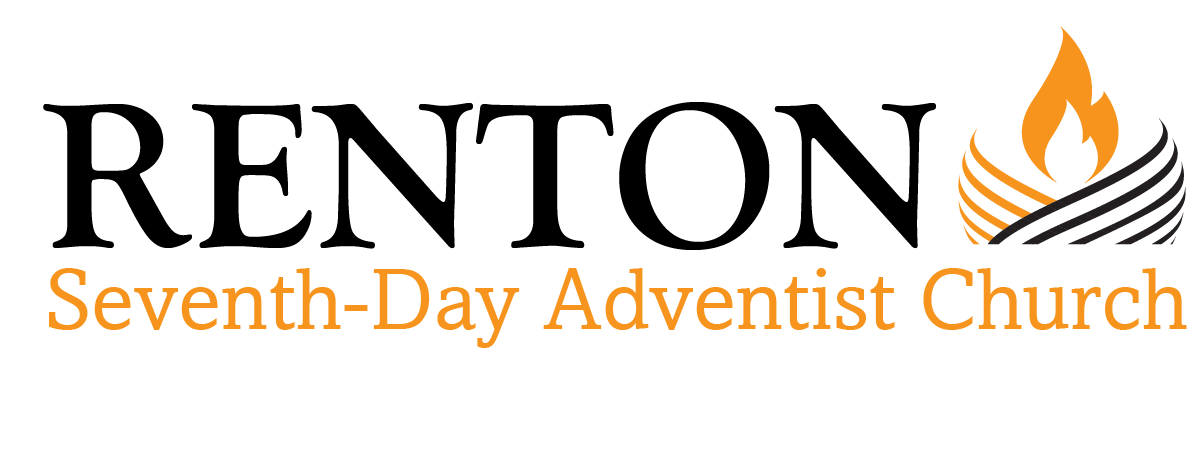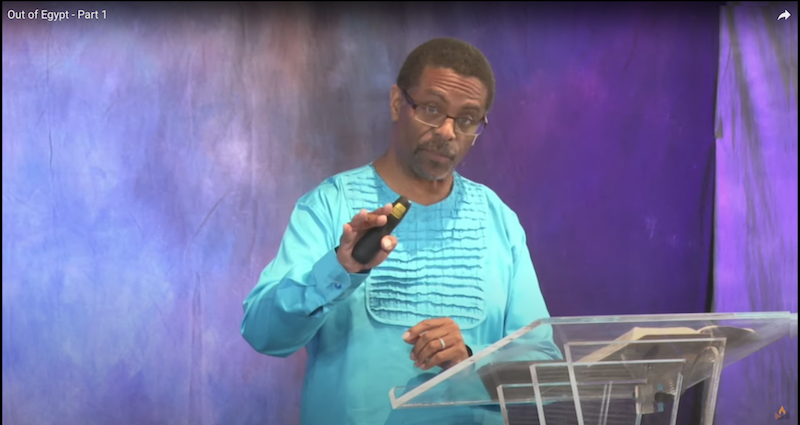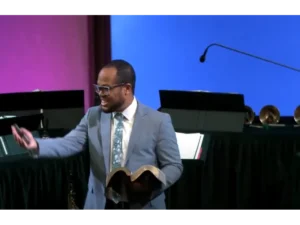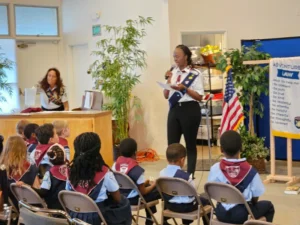In this new sermon series entitled “Out of Egypt” that takes us beyond the deliverance of the cross to the promised land of resurrection life in Jesus, we learn that the story of the Bible is not only how God delivers, but how He recreates a people and enters into relationship with them.
We find the greatest example of God’s plan for our lives in the book of Exodus—the story of Israel’s deliverance from bondage.
“Exodus” is a compound of two Greek words meaning, “the way out,” or “the going out.”
More than a dusty book of Israeli history, God preserved this story of deliverance in the heart of the Torah to serve as a pattern for our deliverance from sin.
Exodus reveals “the way out” of the bondage of sin and how God faithfully brings His redeemed ones into freedom in Christ Jesus.
And this is a key to successful Christian living that cannot be overstated:
We are never brought out of something without also being brought into something else.
We are brought out of sin so we can be brought into the saving life of Christ.
We are called out of darkness so we can enter into his marvelous light. (1 Peter 2:9)
If we don’t fully enter the light, we will inevitably return to the darkness.
Exodus and the cross teach us that God’s promise is sufficient to bring you out and to bring you in—but only if you believe.
People fail because they come out of addiction and only make it as far as religion.
Deliverance comes only when you come out to go into Christ.
The Bible says, “If anyone is in Christ, he is a new creation; old things have passed away; behold, all things have become new.” (2 Cor. 5:17)
There is no new creation in religion, in tradition, in ritual, in good works, in therapy, in books, in booze, in sports, politics, in anything other than being IN CHRIST.
In Christ you are delivered. In Christ you are saved. In Christ you are made new. In Christ the old things have passed away and all things have become new. If the old things are not passing away, you gotta start asking, “What am I into?”
But it is the story of the Exodus that reveals God’s plan to take us from where we are to where He wants us to be.
It is a love story that could be retitled, “The Power of a Promise.”
This is the main theme of Exodus:
God’s promise prevails against all obstacles and against all foes, whether foreign, domestic, or demonic.
And it is that promise that we can rely on to set us free. It’s called covenant, and we are introduced to this term in our key scripture.
Rewind to Exodus 2:23-25.
“God heard their groaning.” Know that when you cry, God hears. (See Psalm 18:6.)
“God heard their groaning and remembered his covenant with Abraham, with Isaac and with Jacob.”
This was another way of saying God “did not forget” his covenant with Abraham.
To understand covenant is to know the power of a promise.
The fundamental difference between covenants and other agreements is the relationship established between the covenant makers. Covenanted parties viewed each other as friends who were bound together permanently. The legal obligations of a covenant relationship were based on the friendship established by the covenant itself. To be in covenant was to be in relationship.
Though our biblical translations refer to people “making” a covenant, the Hebrews described the establishment of this type of relationship as “cutting” a covenant.
The cutting, symbolized by the slaughter of animals indicated that each person in the covenant promised to give his or her own life to keep its terms.
To break a covenant was to invite one’s own death as a penalty.
Rewind to Genesis 15:12-18 to see how God takes the obligations of the covenant on Himself by walking through the blood path.
Thirteen years pass before God renews the covenant with Abram, by now an old man. (See Gen. 17:17.)
Angel visitors tell Abraham that Sarah would have a son by that time next year. Sarah laughed.
But the angel uttered those words that summarize the Exodus story and the story of our redemption:
“Is anything too hard for the Lord?” Genesis 18:12
No matter what you’re facing today, nothing is too hard for the Lord.
Trust His Word and not your assessment of His timing.
Trust His promise and not your impatience.
“God is not a man, that He should lie, Nor a son of man, that He should repent.
Has He said, and will He not do? Or has He spoken, and will He not make it good?” (Numbers 23:19)
A promise is a promise and the story of Exodus is the story of a promise that couldn’t be broken by Abram’s and Sarah’s impatience;
a promise that couldn’t be thwarted by the passing of time, Sarah’s infertility, Sarah’s old age, a family feud, a natural disaster, a 400-year enslavement, the opposition of the greatest nation on earth, and even the repeated unfaithfulness of His chosen people!
Nothing is greater than the covenant promise of God and that means you can trust Him to keep His promises to you.
“The LORD Almighty has sworn, “Surely, as I have planned, so it will be, and as I have purposed, so it will happen.” (Isa. 14:24)
Exodus 2:25 says, God was “concerned” (Yaw-dah – to Know, care”). And when we know He cares, we worship.
Exodus 4:31 – “And when they heard that the Lord was concerned about them and had seen their misery, they bowed down and worshipped.”
True worship comes from a knowledge that God cares about you.
And the covenant proves He cares.
If you’re feeling neglected or insignificant because you’re not considered an “essential worker” during this Covid-19 shut down, God has a covenant in blood with you.
Jesus walked the blood path for you Himself.
You are marked by the power of God’s promise today.
He’ll not only take you out of your sin, if you believe He’ll take you into the freedom of His resurrected life.
And you’ll get there by the Power of His Promise.
Pastor Randy Maxwell




